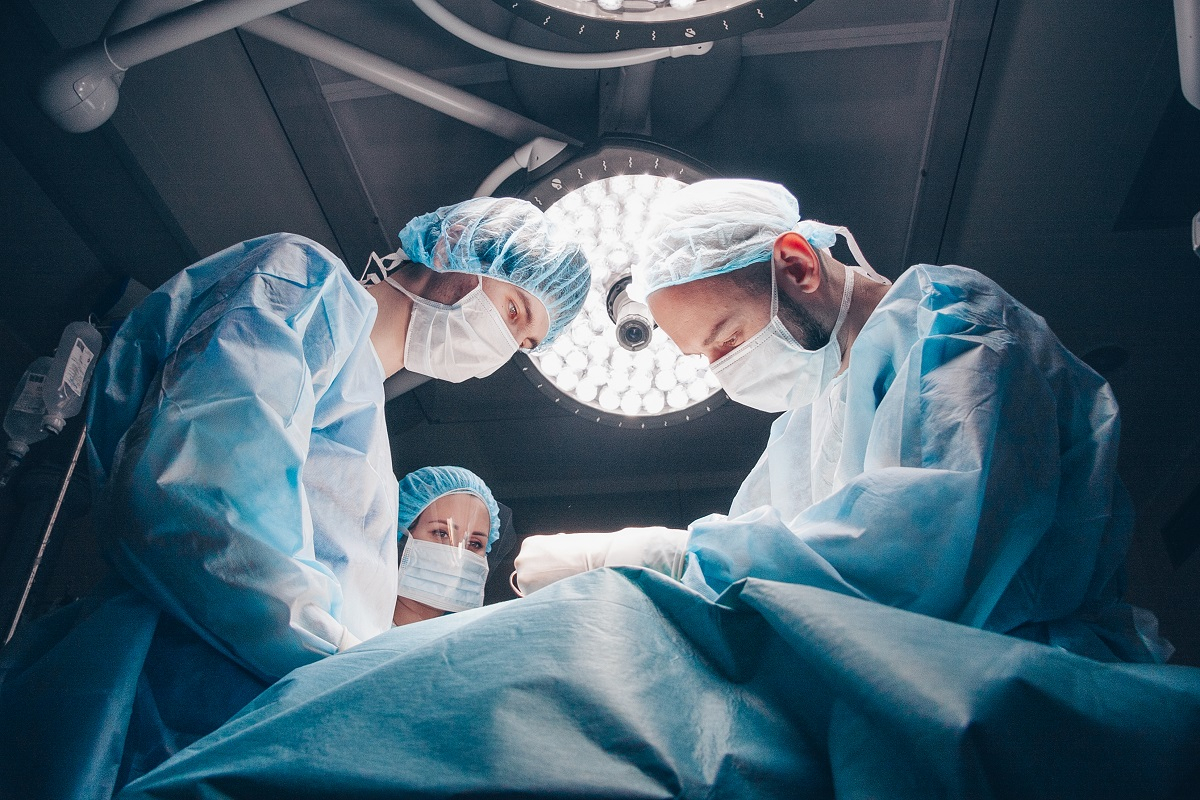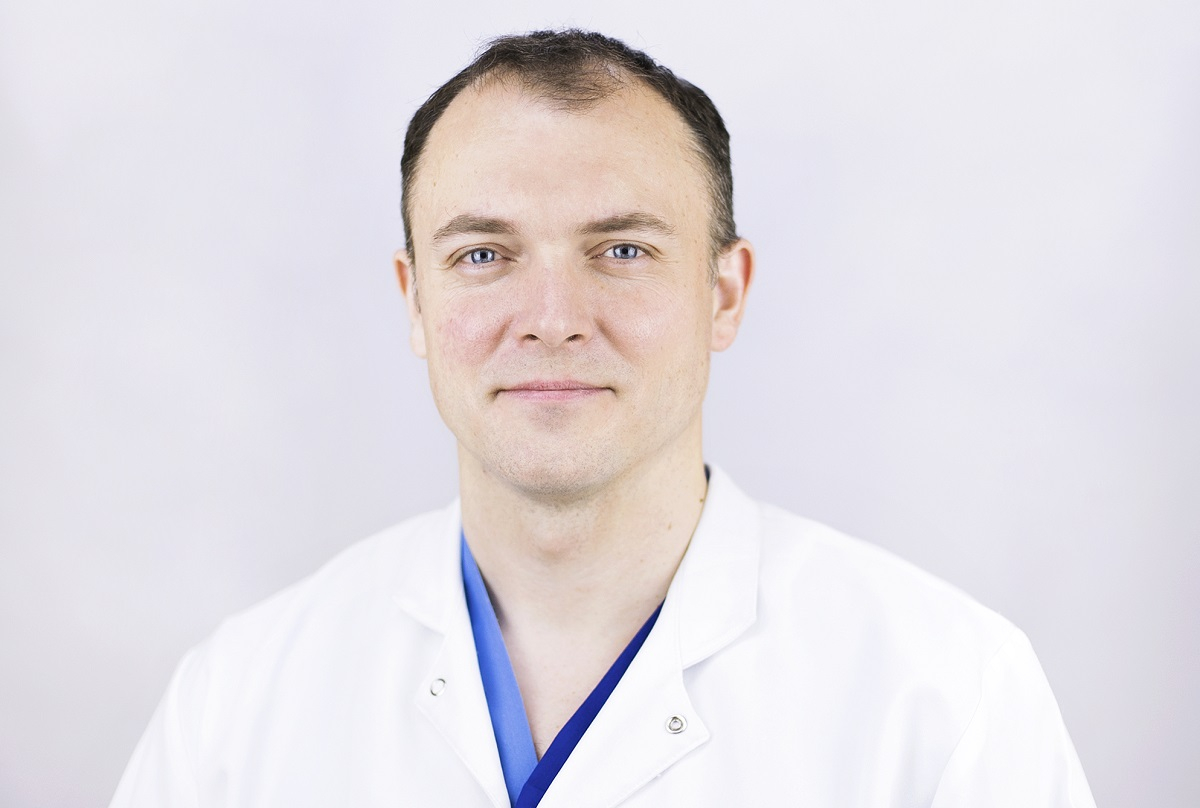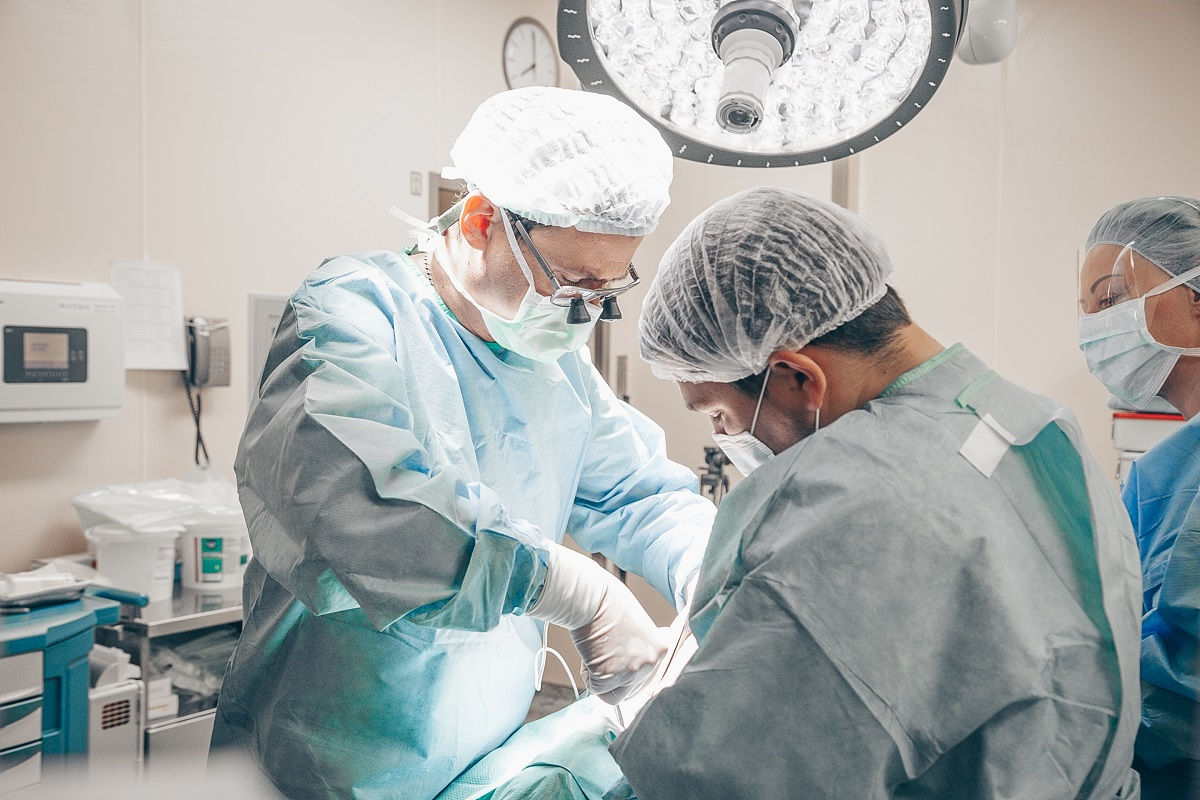Scientists from St Petersburg University, together with colleagues from 22 countries, find a way to minimise perioperative bleeding
Doctors from the Pirogov Clinic of High Medical Technologies at St Petersburg University, together with their colleagues from 114 hospitals across the globe, have conducted a study in the use of tranexamic acid for perioperative blood management. The study results show that tranexamic acid reduces the incidence of bleeding in patients undergoing noncardiac surgery by 25%, while not increasing the risk of thrombosis.
Approximately 300 million surgeries are performed worldwide every year. Some of them are complicated by operative blood loss, often life-threatening. Thus, 40% of all blood transfusions in medical practice are due to surgical bleeding. 'Given a shortfall of around 30 million blood product units in the world each year, it is very important for surgical doctors to have an effective strategy to prevent bleeding,’ explained Dr Sergei Efremov, specialist in anaesthesiology and perioperative medicine, and Deputy Director for Clinical Research of the Pirogov Clinic of High Medical Technologies at St Petersburg University.
Doctors from Russia, Great Britain, Canada, Australia, Germany, Spain, India, Poland, New Zealand and other countries took part in the study. The research findings are published in the New England Journal of Medicine, the best-known and most venerated medical journal in the world.
One of the common perioperative blood management strategies is the use of fibrinolysis inhibitors. One of the most commonly used and most readily available inhibitors of fibrinolysis worldwide is tranexamic acid. This medicine is not new — it was invented in 1967 in Japan. Until recently, however, adequate and well-controlled clinical investigations confirming its efficacy and safety were scarce. Tranexamic acid reduces the dissolution of blood clots. The scientists had to understand how effectively it prevents bleeding and whether it increases the risk of thrombosis. To evaluate the efficacy and safety of this medicine, doctors conducted a trial involving over 9,500 patients undergoing noncardiac surgery, of which 815 were patients of the Pirogov Clinic of High Medical Technologies at St Petersburg University. All of them were over 45 years old and had an increased risk of cardiovascular complications.
Twenty one doctors, two nurses and one medical student from St Petersburg University participated in the study.
The patients were randomly assigned to receive tranexamic acid or placebo at the start and end of surgery. For greater reliability, the study was randomised, double-blind and placebo-controlled. This means that neither the doctors nor the patients knew which medicine (tranexamic acid or placebo) was used in each case. The outcomes were evaluated one month after the surgery. It turned out that tranexamic acid reduces the risk of major bleeding by 25%, while not increasing the risk of thrombosis. According to the authors of the paper, with widespread clinical use, this medicine will be able to prevent 8 million bleeding and blood transfusions worldwide annually.
‘Currently, only a small proportion of surgical patients receive tranexamic acid. The study showed great potential for introducing this antifibrinolytic agent into clinical practice. The research findings will undoubtedly influence current Clinical Practice Guidelines on the prevention and management of bleeding. It is especially valuable for us that the study was performed with the participation of patients from our clinic,’ Dr Efremov emphasised.




